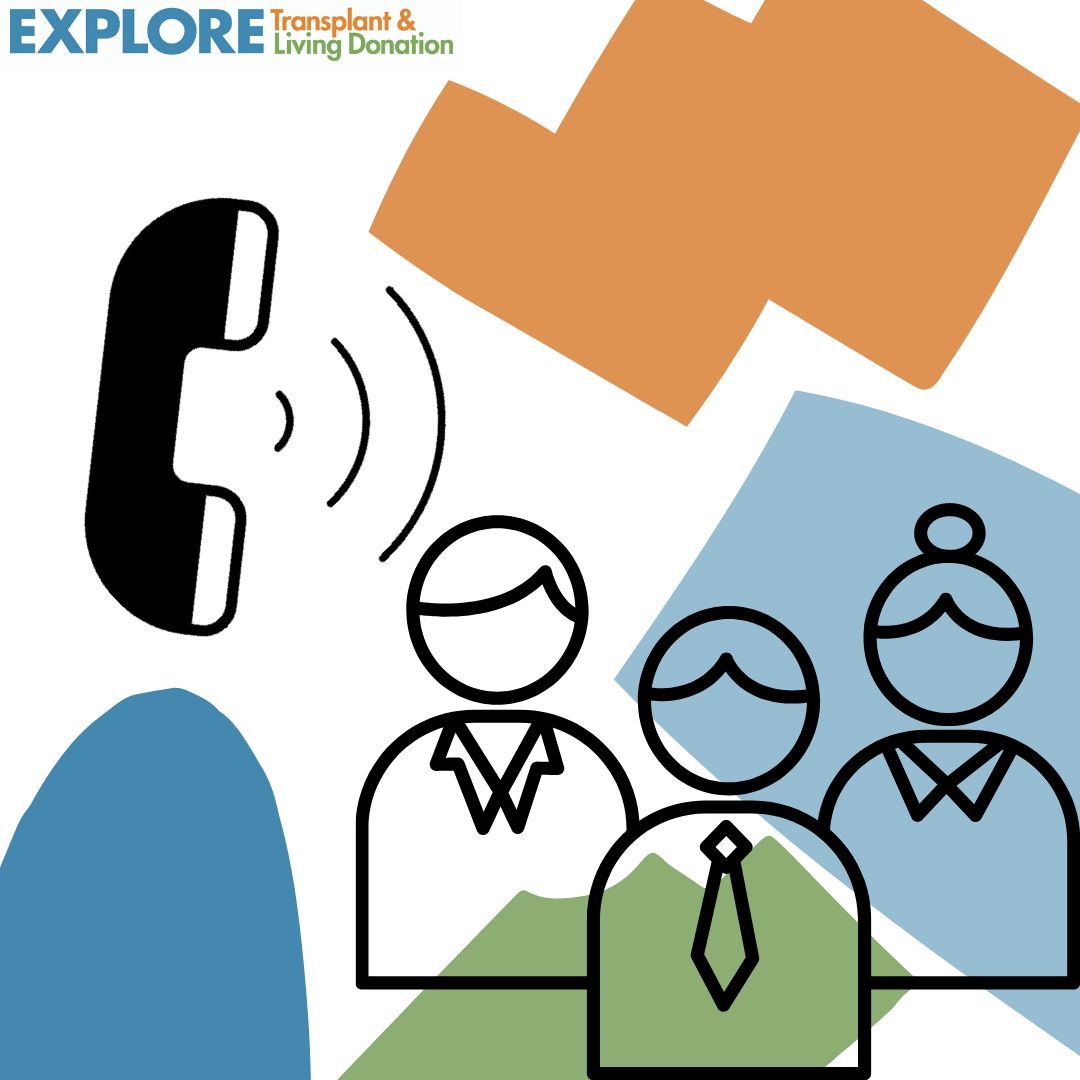By Yaquelin Arevalo Iraheta, Junior Research Associate.
Using an interpreter is worse than having both the patient and provider speak the same language because it loses the personal and intimate element between both parties. Breaking the language barrier that Spanish-speaking patients face when receiving healthcare can also help them overcome cultural barriers such as mistrust of their provider. One of the research projects going on at the Transplant Research and Education Center (TREC) involves surveying Spanish-speaking patients with chronic kidney disease (CKD).
The survey center team at TREC reaches out to patients over the phone who are participating in a research project with TREC and Kaiser Permanente Southern California. In our study, these Spanish-speaking participants were divided into two groups. One group received standard Kaiser education regarding CKD, and the other group received tailored education developed by TREC in the form of postcards, DVD’s, pamphlets, and text messages over the length of about five months. Both groups were surveyed before and after they received their education to note changes in knowledge about CKD and treatment options available to them. All educational materials were given to the Spanish-speaking patients in Spanish, in a way that was easy to digest and that informed them about the option of living donor transplant.
This study is important because surveying Spanish-speaking patients about CKD in Spanish had not been done in the past. Surveying these patients in Spanish allowed us to hear about their experience learning about different CKD treatment options first hand. Speaking to these patients in Spanish also broke down many cultural barriers that helped them feel more comfortable and open to share with us their honest feelings and concerns. We noticed that once these patients heard us speaking to them in Spanish, they instantly became warmer. Our conversations turned from a cold survey to warm family conversations, where the patients felt comfortable to share their struggles and even joke with our staff!
This aligns with research by Gregory Juckett in the study titled “Caring for Latino Patients”. Juckett mentions that Latino patients often have barriers such as different cultural beliefs, mistrust, and illiteracy. Jackett also mentions that it is important for healthcare workers to be sensitive to Latino cultural values such as kindness, relationship, respect, and modesty. At the survey center we have found that by surveying these patients in Spanish, we overcame many of these obstacles. Immediately after a patient hears a warm greeting in Spanish they are more comfortable and open to speak with us honestly in dealing with CKD and learning about the different treatment options available. Our conversations with Spanish-speaking patients went beyond surveying them, we became a listening ear and helped them understand that there are options available to them. Some of the patients we have surveyed have been very open to confide in us about not knowing what options they have as CKD patients; our conversations have gone beyond answering questions in a survey to helping guide these patients to find the resources they need. By listening to their concerns in Spanish, we became direct channels to provide information to these Spanish-speaking patients.
We have found that it is very important to speak to Spanish-speaking patients in Spanish. When the need for an interpreter is gone, Spanish-speaking patients feel more comfortable to speak honestly to the surveyor and it affords us the ability to break down cultural barriers. All the Spanish-speaking surveyors at TREC can testify that we’ve experienced very positive responses from Spanish-speaking patients. Most patients we’ve spoken to have agreed to participate in our research study, they have shared with us personal experiences when dealing with CKD and have opened up about their genuine struggles. When you speak to these patients in their native language there is a warmness and openness that affords us a way to educate our patients about CKD and the options and resources they have.

